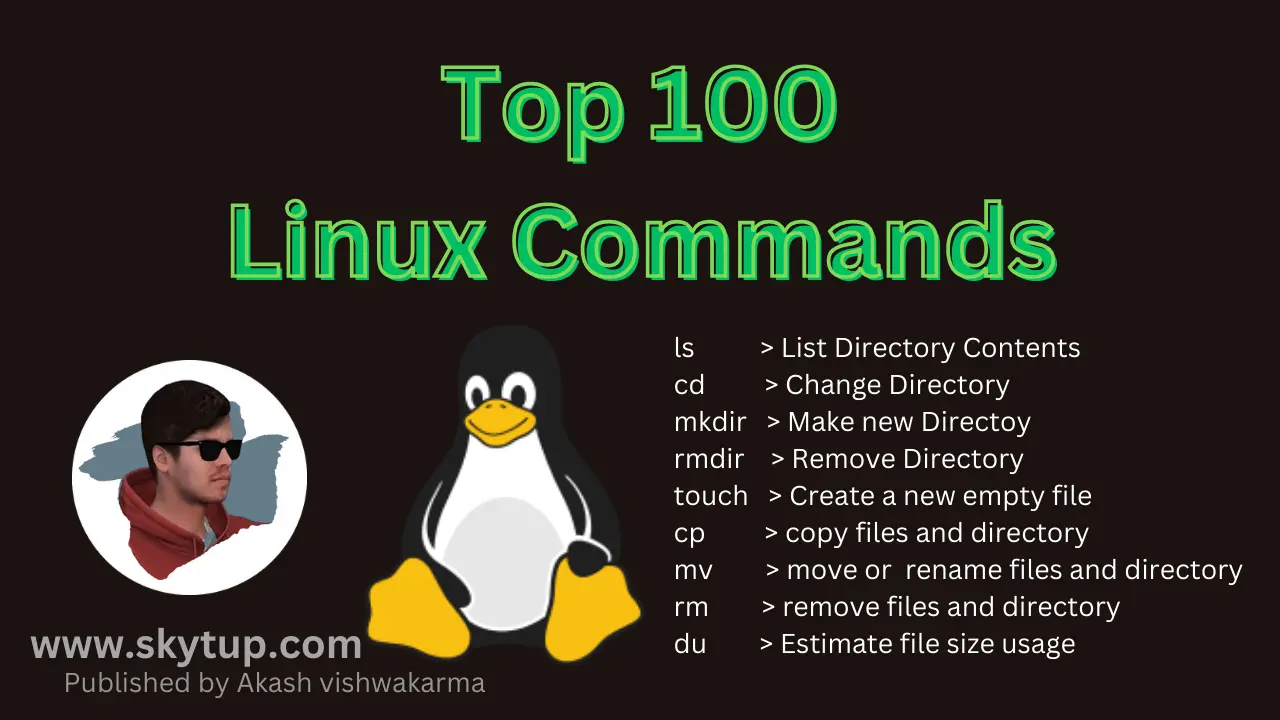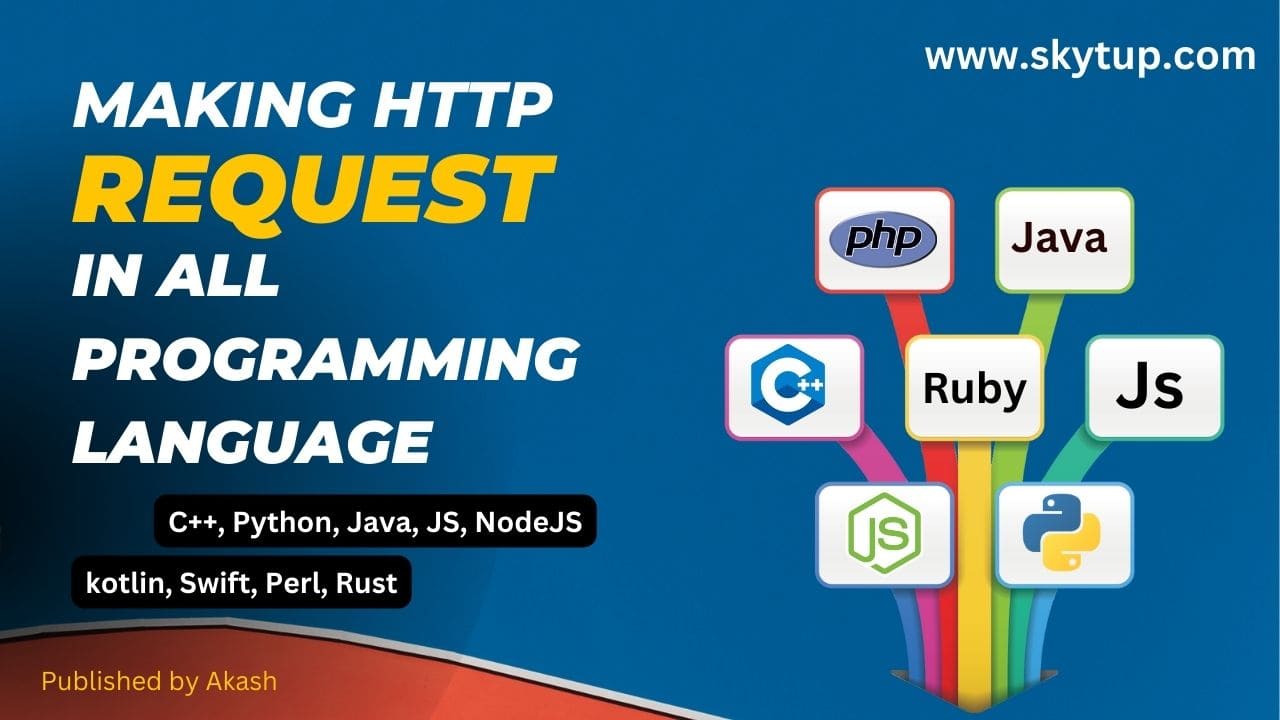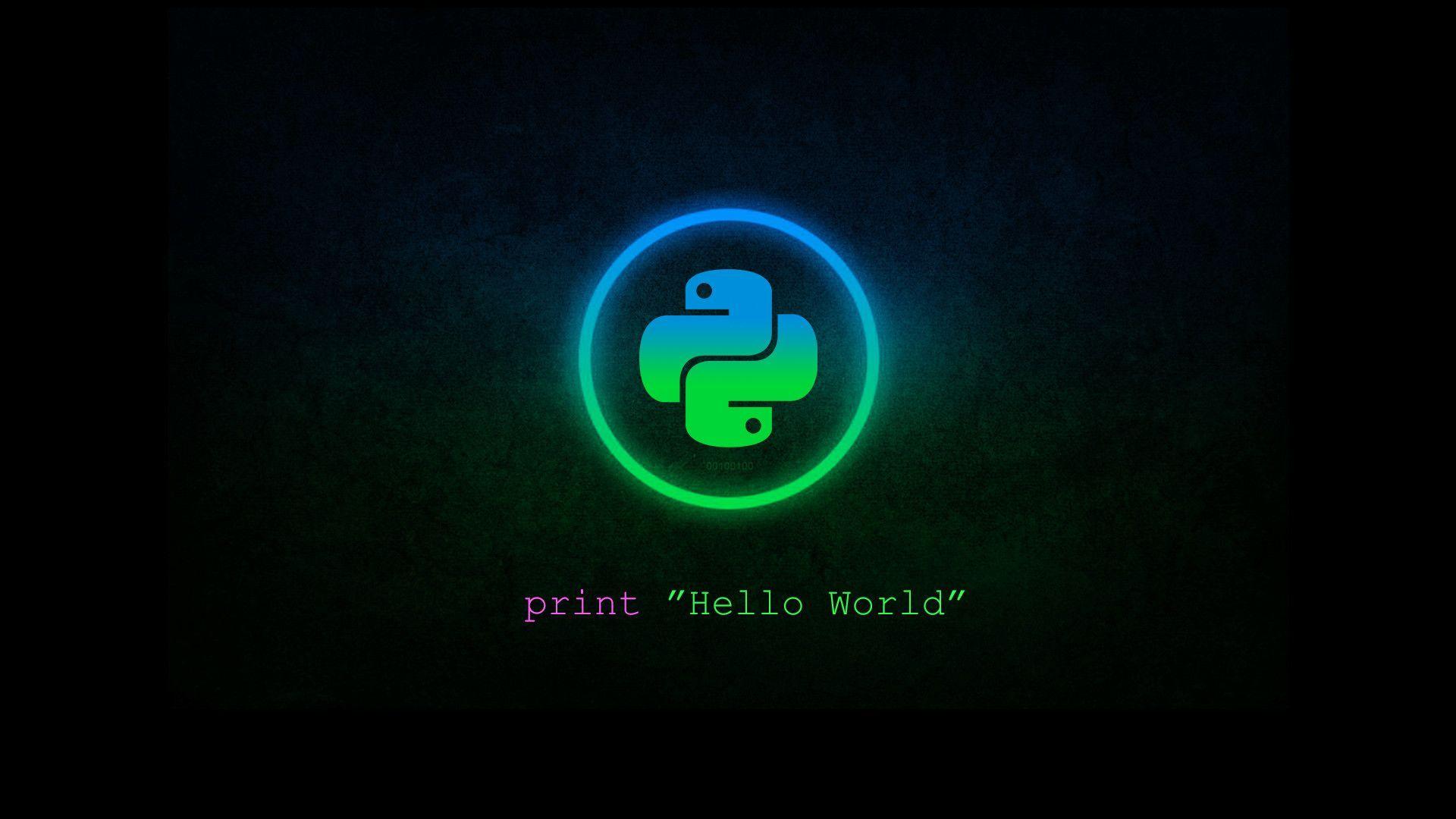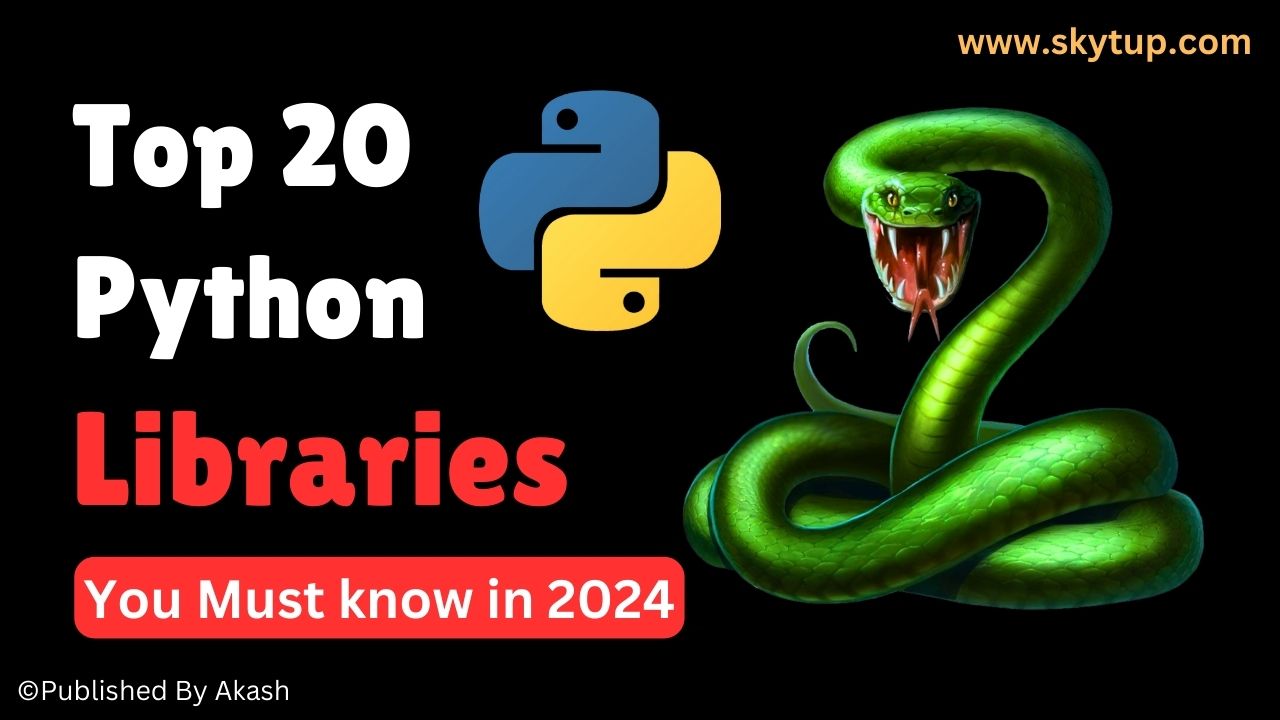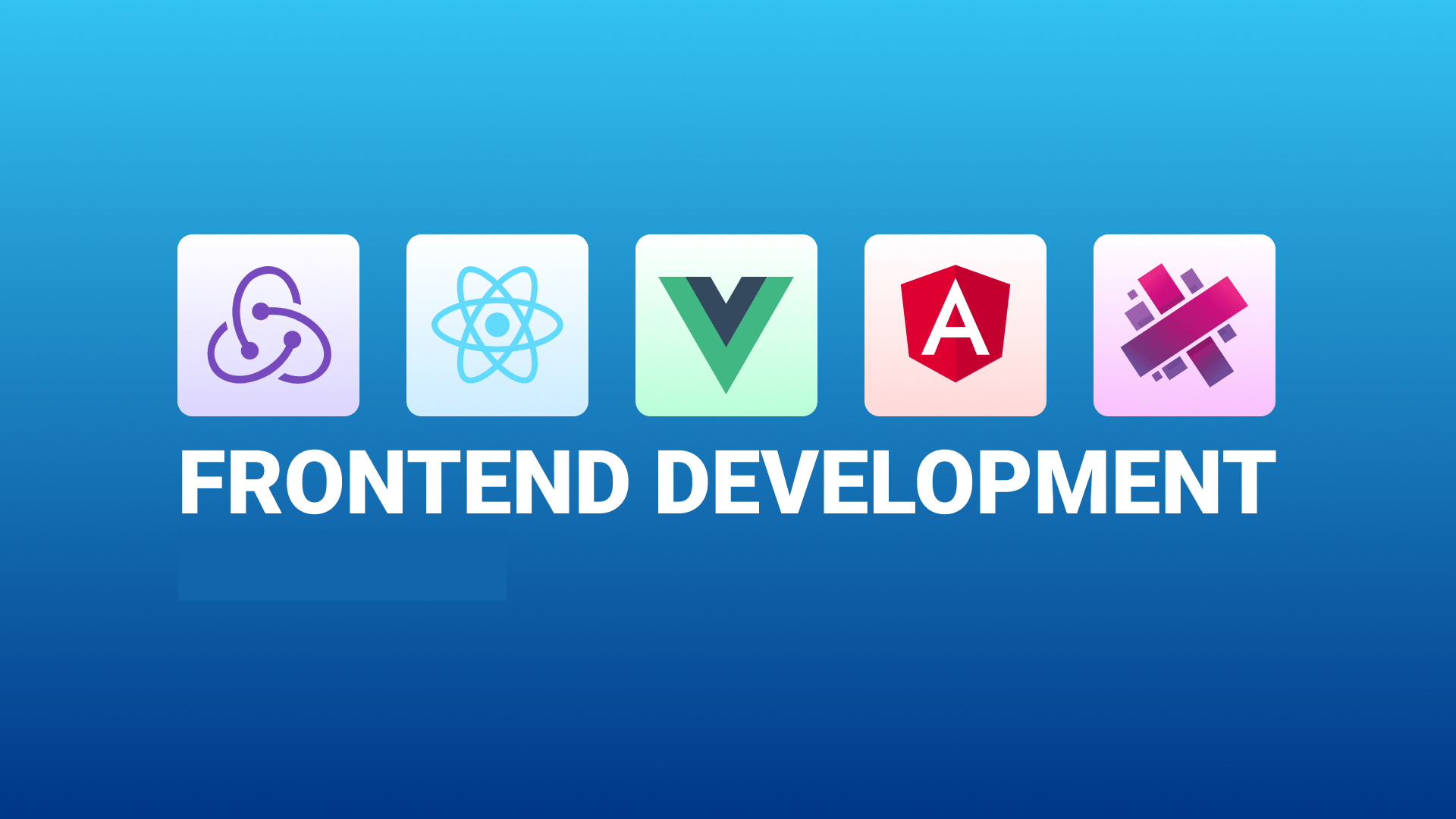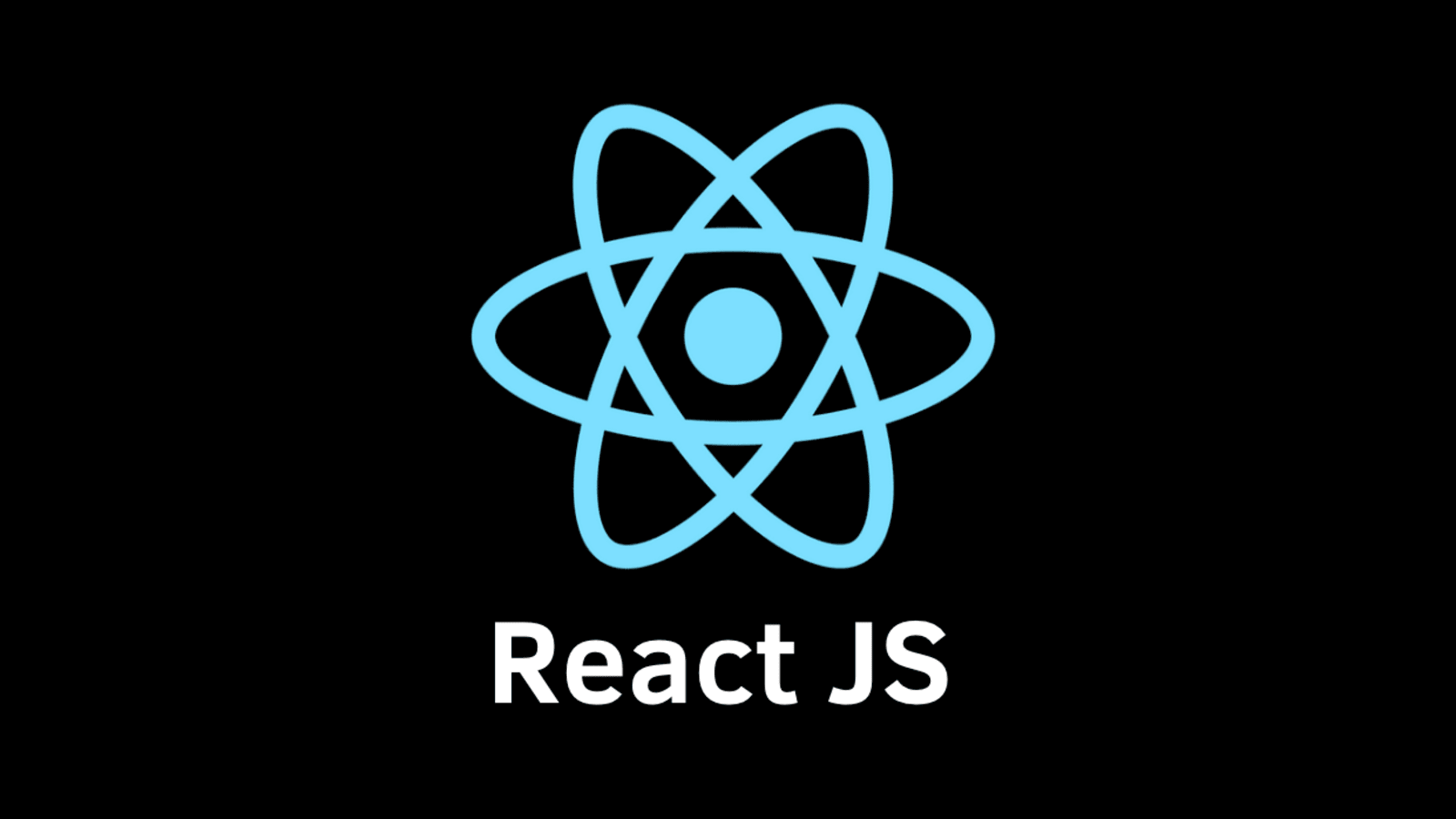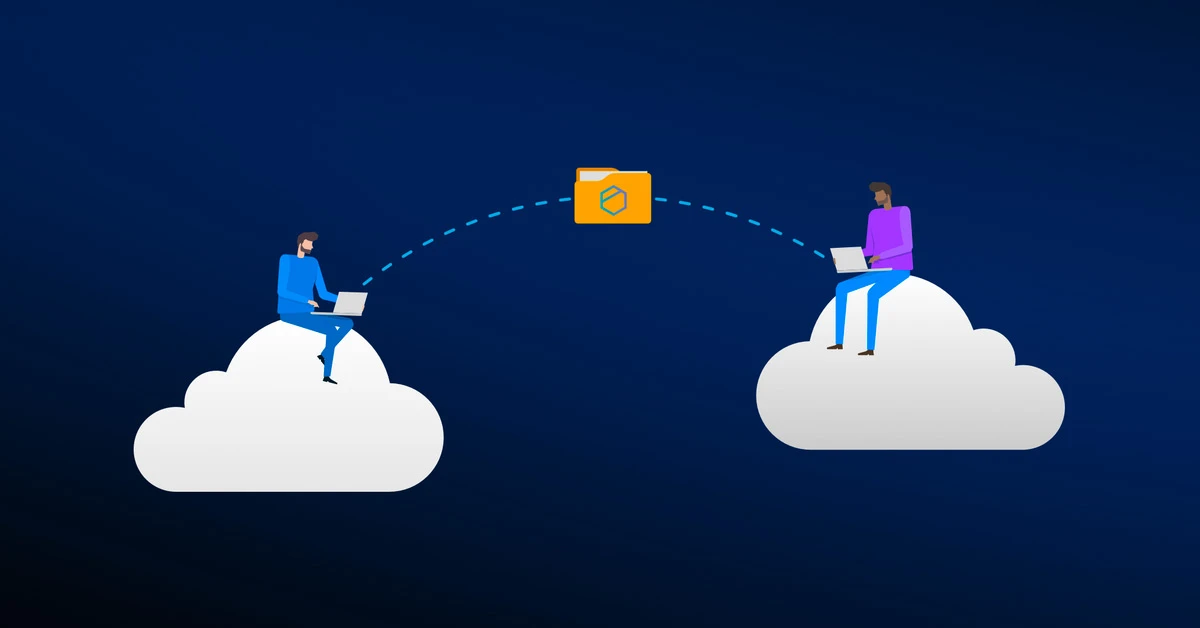
Cloud platforms : Aws, Google Cloud and Microsoft Azure
-
Key Services: EC2 (compute), S3 (storage), RDS (databases), Lambda (serverless computing)
-
Strengths: Wide range of services, strong security, scalability, and reliability
-
Use Cases: Web applications, data analytics, machine learning, IoT
-
Key Services: Compute Engine (compute), Cloud Storage (storage), Cloud SQL (databases), Cloud AI Platform (AI/ML)
-
Strengths: AI/ML capabilities, data analytics, scalability, and integration with Google tools
-
Use Cases: Data-intensive applications, AI/ML workloads, data analytics, and cloud-native applications
-
Key Services: Virtual Machines (compute), Blob Storage (storage), Azure SQL Database (databases), Azure Machine Learning (AI/ML)
-
Strengths: Hybrid cloud capabilities, strong security, and integration with Microsoft tools
-
Use Cases: Enterprise applications, hybrid cloud environments, data analytics, and AI/ML workloads
-
Pricing: AWS offers a pay-as-you-go pricing model, while GCP offers a more predictable pricing structure. Azure offers a hybrid pricing model that combines the best of both worlds.
-
Services: AWS offers the widest range of services, followed closely by Azure. GCP, while having a smaller set of services, excels in AI and ML capabilities.
-
Security: All three platforms prioritize security, but AWS is known for its robust security features and compliance certifications.
-
Scalability: All three platforms offer scalability, but AWS and GCP are known for their ability to scale quickly and efficiently.
-
Integration: Azure offers seamless integration with Microsoft tools, while GCP offers integration with Google tools. AWS offers integration with a wide range of third-party tools.
-
Startups: AWS or GCP for scalability and innovation
-
Enterprises: Azure for hybrid cloud capabilities and integration with Microsoft tools
-
Data-Intensive Applications: GCP for AI/ML capabilities and data analytics
-
Web Applications: AWS for scalability and reliability
Keywords

Become a Full Stack Web Developer | A Quick Roadmap for Beginners in 2025 | Developer Akash
Hi Everyone,its me Akash, In this Article I've Shared a Roadmap to become a Full Stack Web Developer. Follow guildines given in this article and you will must know something new and i

Advanced Guide to C++ STL for Competitive Programming
The C++ STL is built on three fundamental components: containers, algorithms, and iterators. Understanding how these components interact and their underlying implementations is crucial for optimal usa

#1 - Basic Fundamentals - DSA Series With C++ | Akash Vishwakarma
Hi its me Akash Vishwakarma, This is 1st Article of DSA Series on Skytup. In this Article We will learn about C++ Fundamentals. This article is written with the help of Ai Tools and some of my own exp

#2 - Arrays and Strings - Data Structures and Algorithms using C++ | Akash Vishwakarma
Hi its me Akash Vishwakarma, This is Article No #2 of Our DSA Series on Skytup. In this Article We will learn about C++ Fundamentals. This article is written with the help of Ai Tools and some of my o

#3 - Linked Lists - Data Structures and Algorithms using C++ | Akash Vishwakarma
Hi its me Akash Vishwakarma, This is Article No #3 of Our DSA Series on Skytup. In this Article We will learn about Linked Lists. This article is written with the help of Ai Tools and some of my own e

#4 - Stacks and Queues - Data Structures and Algorithms using C++ | Akash Vishwakarma
Hi its me Akash Vishwakarma, This is Article No #4 of Our DSA Series on Skytup. In this Article We will learn about C++ Stack and Queues. This article is written with the help of Ai Tools and some of

#5 - Trees - Data Structures and Algorithms using C++ | Akash Vishwakarma
Hi its me Akash Vishwakarma, This is Article No #5 of Our DSA Series on Skytup. In this Article We will learn about C++ Trees. This article is written with the help of Ai Tools and some of my own expe


